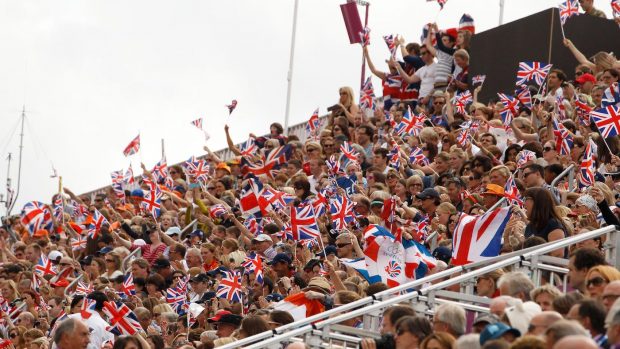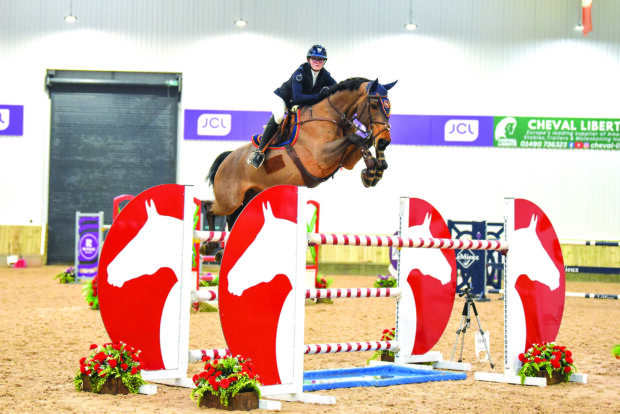The British Equestrian Federation answers questions about the new equine passport system
By 1 December 2003 every horse in Britain will have to have a passport. The British Equestrian Federation (BEF), has submitted a detailed passport implementation plan to DEFRA, and here answers some of horseowners’ most common questions
Q: Why does my horse have to have a passport?
A: Because the EU says so. It has issued arequirement for all equines (including donkeys and mules) to have passports, unique life reference numbers and a record of veterinary medicines administered. This requires a database for disease surveillance to be set up.
Q: Where can Iobtain a passport for my horse?
A: DEFRA has approved 54 passport issuing organisations (PIOs), which include many of the breed societies and the governing bodies of the equestrian disciplines. A full list can be found at www.bef.co.uk
Q: When can I get a passport?
A: Some passport issuing organisations are already supplying them. Others are still setting out the costs and developing the administrative systems to deal with the extra paperwork.
Q: How much will it cost?
A: Some organisations are still working on this, but it is estimated that the cost will not exceed £27. This will not include the cost of a veterinary surgeon producing the silhouette and description (expect a call-out fee of around £20), which will be used to identify the horse.
However, PIOs can also appoint their own officials to produce the silhouette and description. Some PIOs will also require horse owners tobecome members before issuing passports.
Some have indicated that they will offer a discount for bulk purchases and charities.
Q: What happens if I buy a horse and am not given its passport?
A: Passports must be transferred to the new owner or keeper as the legislation says that the passport must accompany the horse.
It has been proposed that the purchaser sends the passport back to the PIO so that ownership details can be altered on the records – but this is still to be clarified.
Provided the last registered owner can supply a written statement that the horse has been sold and its passport lost, together with a copy of a markings chart such as a flu vaccination certificate, PIOs such as Sports Horse Breeding (GB) will issue a duplicate passport for a fee of £20.
Q: What happens if I refuse to get a passport for my horse as I have no intention of competing with him, breeding from him or selling him. How will the legislation be enforced?
A: As we understand it, enforcement would be vested in the local authority and presumably it would act through the Trading Standards Department.
Unless otherwise specified, the offence of not having a passport would presumably be a summary-only prosecution, which carries a maximum fine of £5,000 or six months’ imprisonment.
This is one of the details currently being determined by DEFRA.
Read the BEF’s full plan as issued to DEFRA at www.bef.co.uk
|
Read the full story in this week’s Horse & Hound (8 August 2002), or click here to subscribe and enjoy Horse & Hound delivered to your door every week. |
Read equine passport news:




